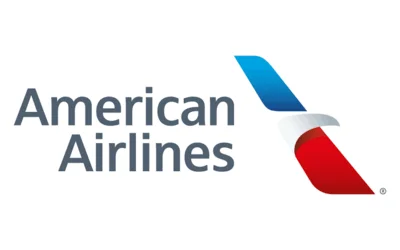On Sustainable Aviation Fuel (SAF) production, IATA urges states to review targets set at the ICAO Conference on Aviation and Alternative Fuels (CAAF/3). The association warns that mandates without sufficient SAF production could increase costs and calls for greater economic incentives for producers as well as timely policy interventions.
Regarding climate measures, IATA highlights concerns over states introducing taxes or schemes beyond CORSIA—the Carbon Offsetting and Reduction Scheme for International Aviation—agreed upon at ICAO’s 39th Assembly in 2016. CORSIA is projected to generate up to $17 billion in climate finance by 2035, but IATA notes that only Guyana has issued eligible emissions units so far. The association asks governments to reaffirm support for CORSIA as the sole economic measure for managing aviation’s climate impact and ensure enough eligible emissions units are available.
A recent revision to Article 8 of the UN Model Tax Treaty introduces an option for source-based corporate taxation in addition to residence-based taxation, which is widely used by airlines globally. IATA argues that adopting source-based taxation would impose significant administrative burdens without increasing tax revenue unless it results in double taxation. The group recommends continuing with residency-based taxation.
In consumer protection, IATA points out that some national regulations diverge from ICAO’s Core Principles on Consumer Protection and result in inconsistent rules across countries. The association calls on states to align regulations with these principles, develop shared definitions for extraordinary circumstances affecting travelers, smooth discrepancies among jurisdictions, share accountability among stakeholders, and address challenges arising from mass disruptions.
With increased demand for radio frequency spectrum by telecom companies rolling out 5G and 6G services—particularly impacting critical bands like 4.2-4.4 GHz used by radio altimeters—IATA requests protection of aviation frequencies from interference and stronger coordination between telecoms and aviation regulators.
The association also raises concerns about accident investigations: Only 57% of accidents between 2018 and 2023 have a publicly available final report as required by ICAO Annex 13. IATA asks states to complete reports promptly and support capacity building where resources are insufficient.
GNSS jamming incidents near conflict zones have also been highlighted as a risk. While redundancies exist, IATA seeks improved coordination between military and civil authorities on risk information sharing and advocates multi-faceted mitigation strategies including cyber-hardening avionics systems.
On aircraft mandates stemming from new safety standards or recommended practices (SARPs), IATA observes delays due to supply chain constraints or certification backlogs can undermine harmonization efforts globally. It suggests mechanisms be created for realistic applicability dates with active monitoring.
For pilot age limits on multi-pilot international flights under ICAO Annex 1 rules—which currently require retirement at age 65—IATA supports raising this limit to 67 while maintaining existing safeguards such as having at least one pilot under age 65 present during flights and retaining current medical assessment frequencies.
As member states gather in Montreal, these submissions will inform discussions aimed at strengthening global aviation standards over the next three years.
 Alerts Sign-up
Alerts Sign-up




































